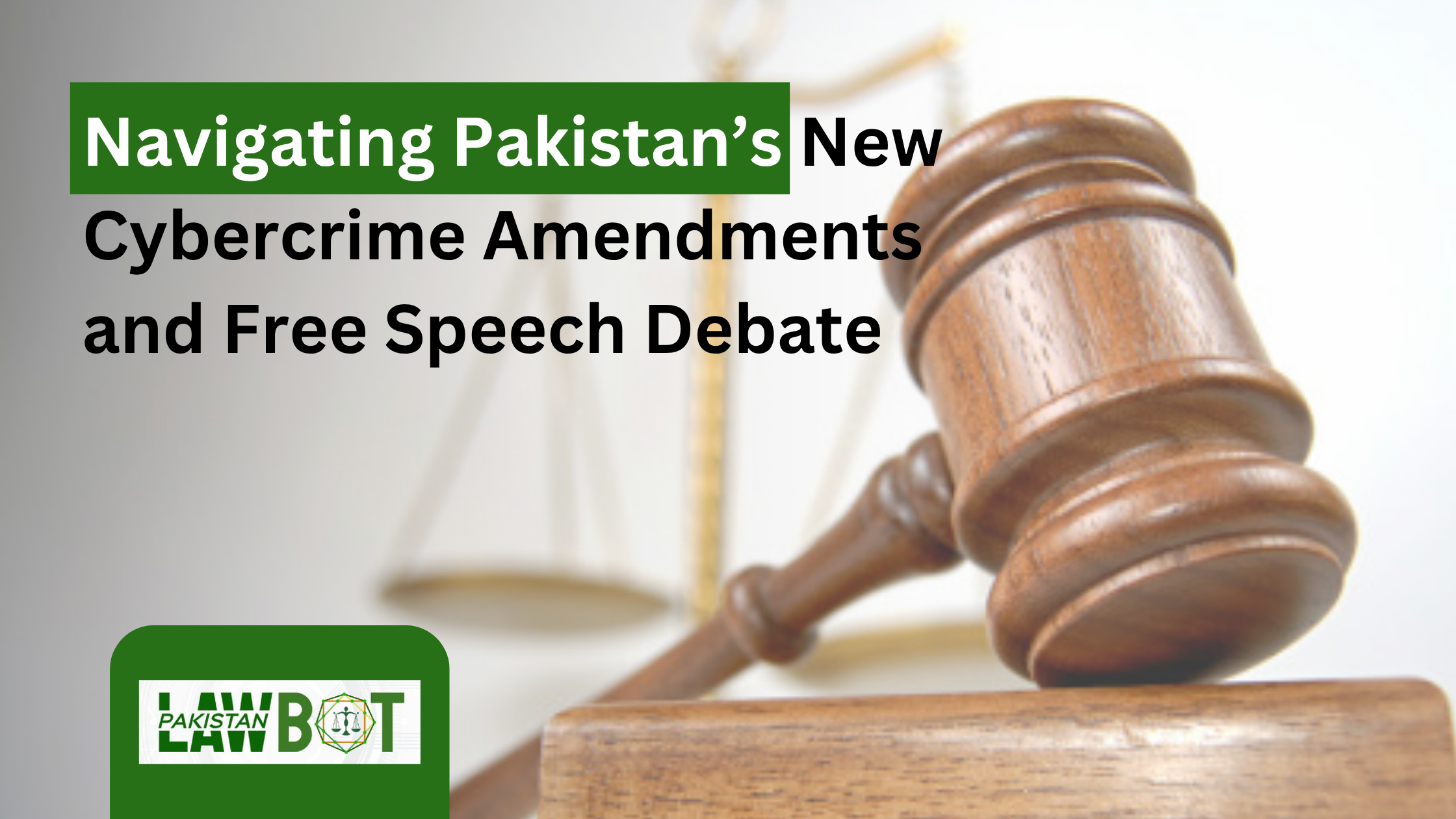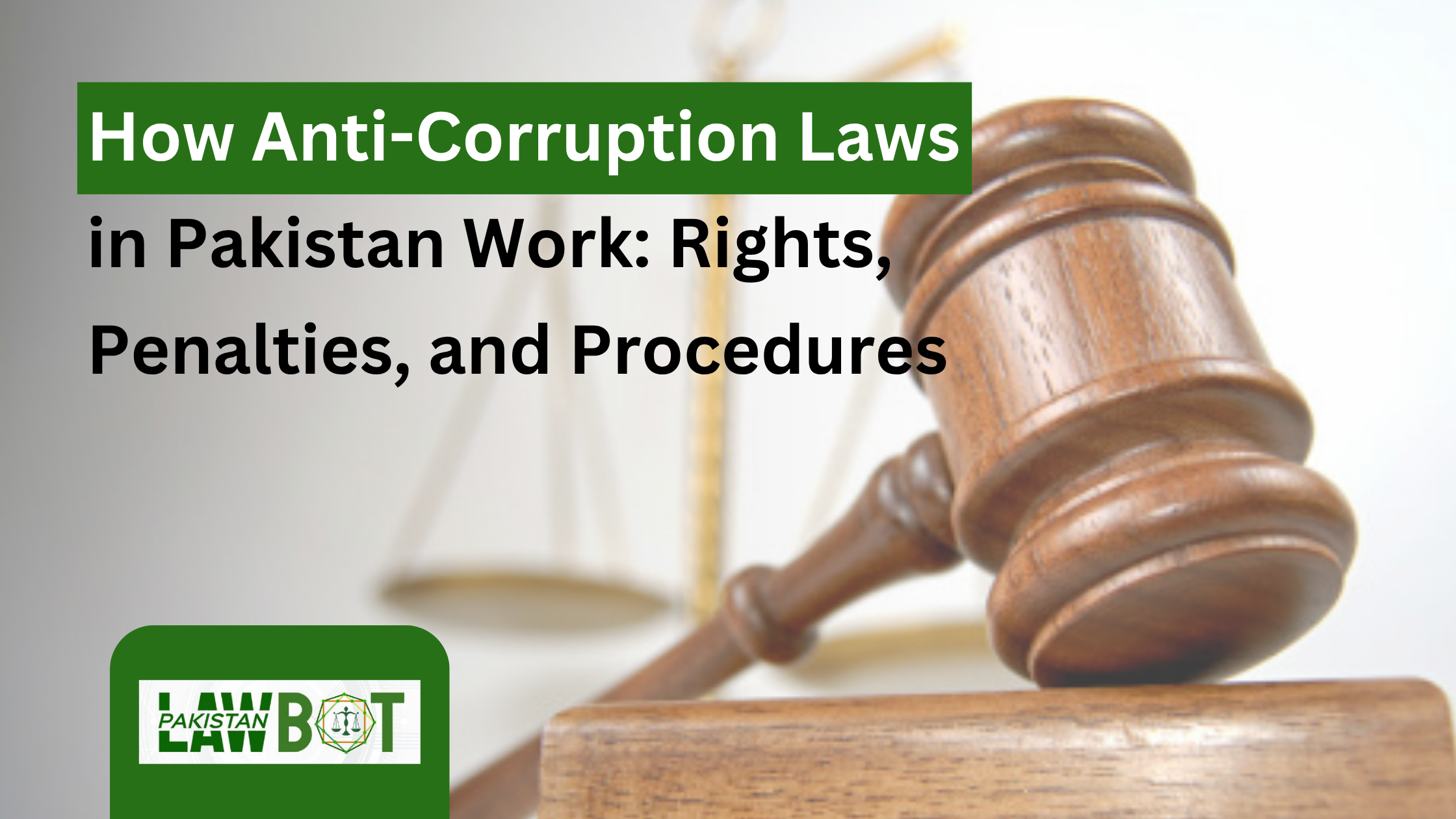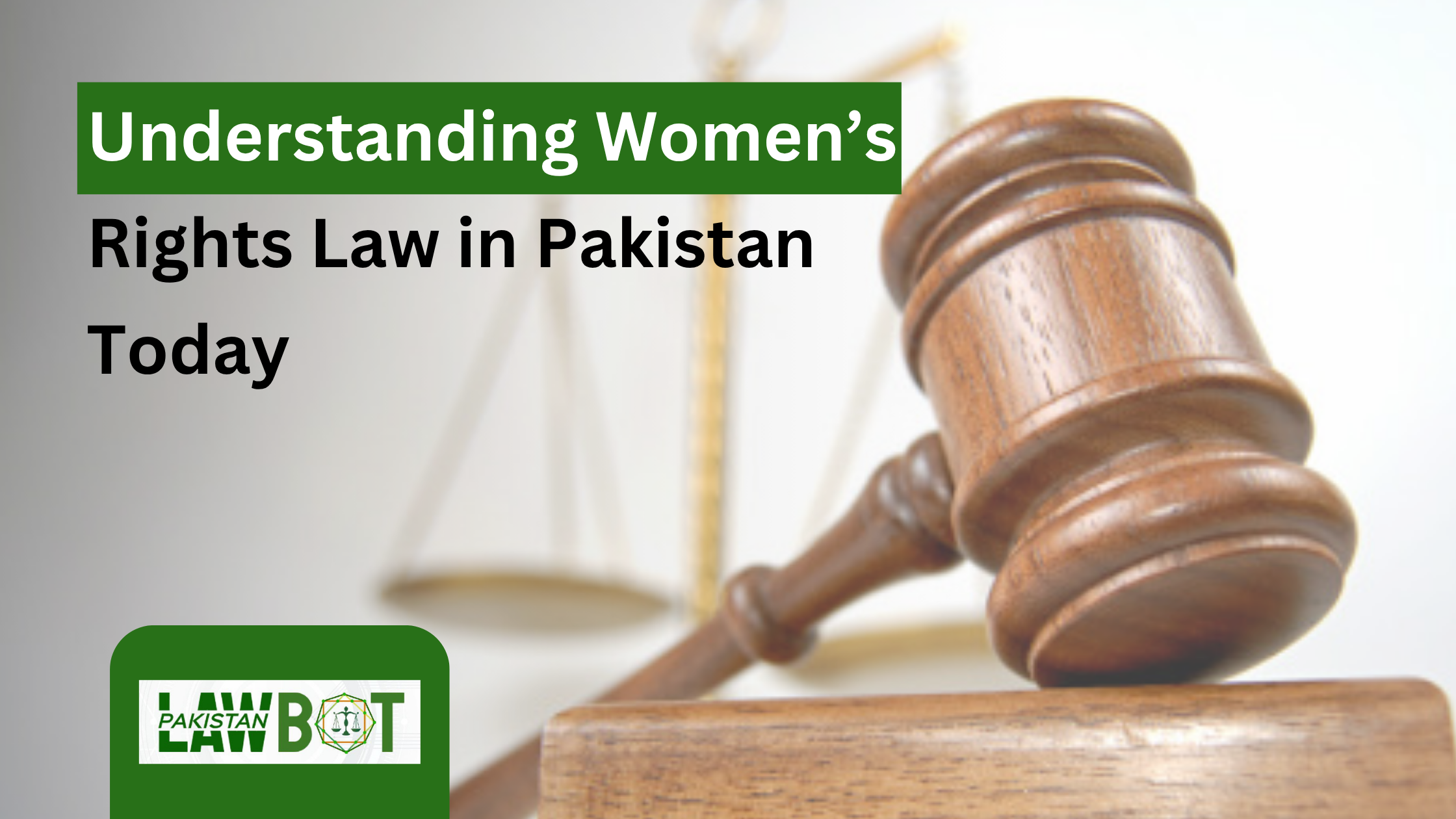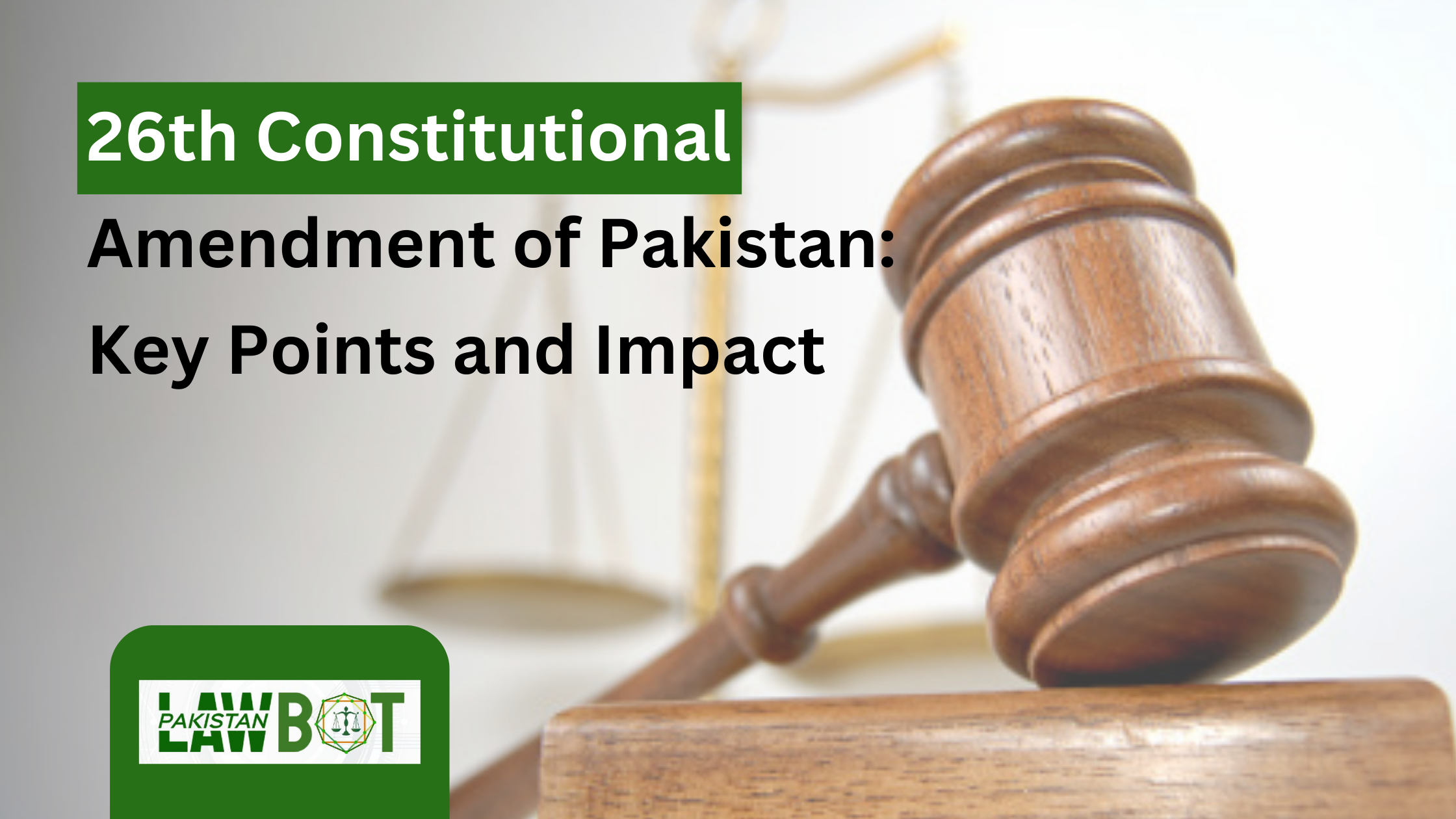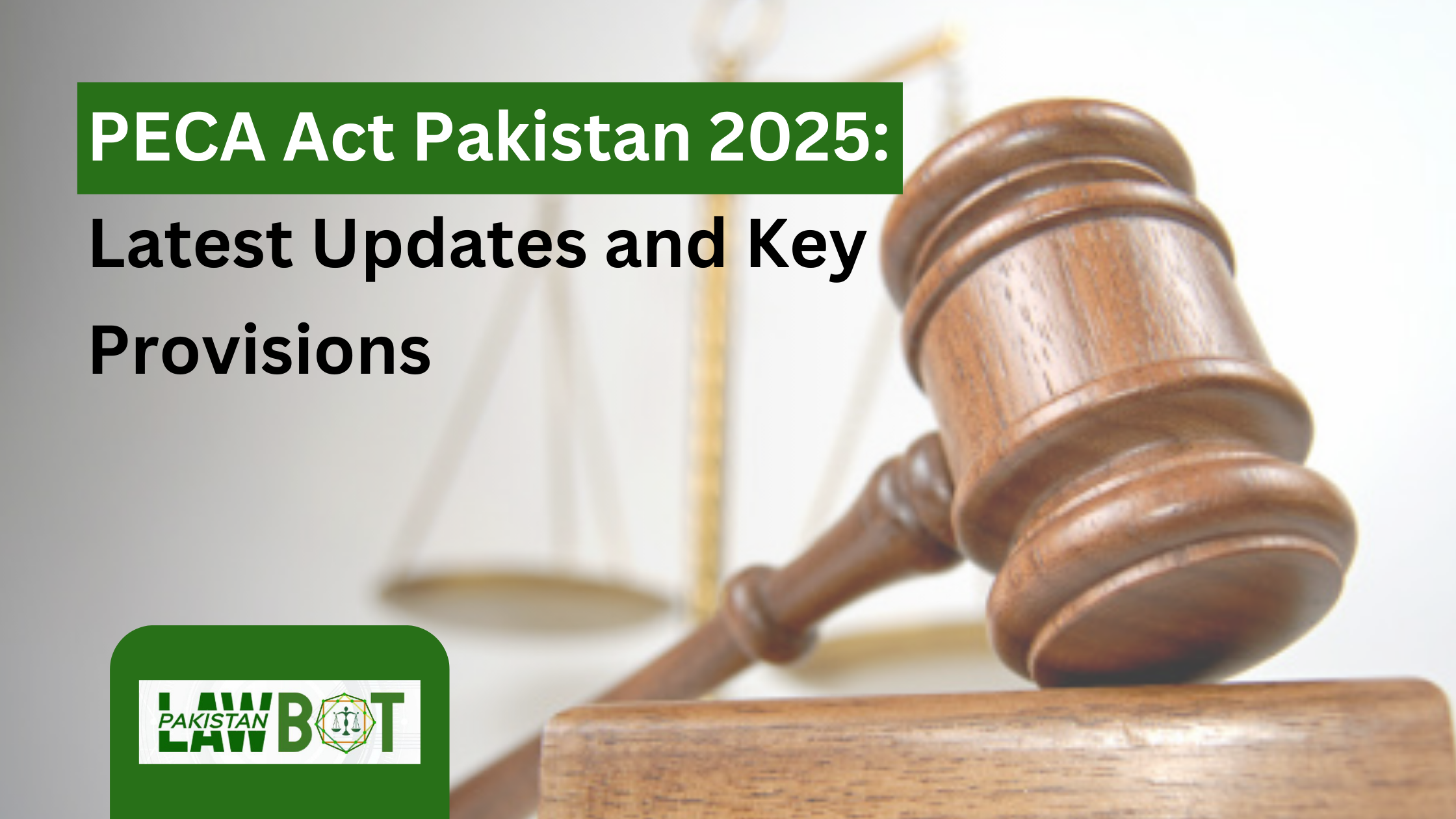In recent months, Pakistan has enacted significant amendments to its cybercrime legislation. These changes have sparked a vigorous debate about the balance between national security and free speech in the digital realm. This article explores the key provisions of the amendments, analyzes their implications for online expression, and offers practical guidance for digital users and stakeholders.
Understanding the Context of Cybercrime Legislation
The digital landscape in Pakistan has evolved rapidly over the last decade. With over 100 million internet users and a growing e‑commerce sector, the need to address cyber threats has become paramount. In response, lawmakers introduced amendments to the Prevention of Electronic Crimes Act (PECA) 2016. While the original act aimed to curb hacking, financial fraud, and child pornography, the recent amendments broaden its scope to include new forms of online misconduct.
These changes come amid global discussions about data privacy, platform accountability, and online harms. Pakistan’s government argues that tougher rules are necessary to safeguard national security, protect citizens from cyber‑bullying, and deter financial scams. However, civil society groups warn that overly broad definitions could stifle legitimate speech and enable arbitrary enforcement.
Key Provisions of the New Amendments
-
Expanded Definitions of Cybercrime
The amended law introduces several new offenses:-
“Social media misuse”: Posting “objectionable content” or “false narratives” now carries penalties.
-
“Digital impersonation”: Creating fake social media profiles to defame individuals is explicitly outlawed.
-
“Data localization requirements”: Certain platforms must store user data on servers within Pakistan’s borders.
-
-
Enhanced Enforcement Powers
-
Blocking and takedown: Authorities can order social media companies to remove content within 24 hours of a complaint.
-
Surveillance measures: Internet service providers (ISPs) are required to retain metadata for up to one year, facilitating investigations.
-
Stricter penalties: Fines have doubled, and prison sentences can reach up to five years for repeat offenders.
-
-
Judicial Oversight and Appeals
To address concerns about executive overreach, the amendments introduce a two‑tier review mechanism:-
Digital Review Board: A specialized tribunal to adjudicate cybercrime cases.
-
High Court appeal: Decisions by the tribunal can be challenged in the provincial high courts.
-
Implications for Free Speech and Digital Rights
3.1 Risk of Overreach
Although aimed at curbing genuine cyber threats, the amendments’ vague language—particularly around “objectionable content”—raises red flags. Civil liberties groups argue that terms like “false narratives” can be weaponized against dissenting voices, activists, and journalists.
3.2 Chilling Effect on Online Expression
When individuals fear legal repercussions for posting critical opinions, self‑censorship often follows. For example, a university student sharing unverified news about public policy might face prosecution under the new amendments, even if their intent was purely academic.
3.3 Platform Compliance Challenges
International platforms such as Facebook, Twitter, and TikTok now face a complex compliance landscape. They must decide whether to:
-
Store data locally, incurring infrastructure costs, or
-
Challenge the requirement in court, potentially risking heavy fines or service disruptions.
Stakeholder Responses and Public Debate
4.1 Government’s Perspective
Officials maintain that these measures are essential to:
-
Protect national security interests.
-
Deter cyber‑fraud and online harassment.
-
Ensure Pakistan remains on global compliance watchlists, avoiding economic sanctions.
4.2 Civil Society and Legal Experts
Lawyers and digital rights activists have called for:
-
Clearer definitions: To avoid arbitrary application.
-
Transparency in enforcement: Public reporting of takedown orders.
-
Safeguards for journalistic activity: Exemptions for news reporting and opinion pieces.
4.3 Industry Reactions
Local startups and e‑commerce platforms express concerns about increased compliance costs. Some have begun exploring partnerships with local data centers, while others advocate for a phased implementation to mitigate disruption.
Best Practices for Digital Users and Organizations
-
Stay Informed
Regularly review official notifications from the Ministry of Information Technology and consult reputable legal blogs for updates on enforcement guidelines. -
Audit Your Content
-
Conduct an internal review of social media posts and website content.
-
Remove or flag any material that could be construed as “objectionable” under the new definitions.
-
-
Engage in Responsible Reporting
-
Verify sources before sharing news or commentary.
-
Use disclaimers when discussing unconfirmed information.
-
-
Data Management Strategies
-
If you run a platform, evaluate options for local data storage.
-
Implement robust metadata retention policies in line with legal requirements.
-
-
Legal Preparedness
-
Draft compliance manuals and staff training modules.
-
Establish a protocol for handling takedown notices and legal inquiries.
-
Looking Ahead—Balancing Security and Freedom
Pakistan’s new cybercrime amendments illustrate the global tension between safeguarding digital security and preserving free speech. As enforcement begins, stakeholders must collaborate:
-
Policymakers should refine ambiguous terminology to protect civic discourse.
-
Civil society can monitor government actions and advocate for transparency.
-
Industry leaders ought to invest in compliance infrastructure while championing user rights.
Ultimately, a balanced approach requires ongoing dialogue and periodic legislative review. By staying proactive and informed, citizens, businesses, and government agencies can navigate this evolving legal landscape without sacrificing foundational freedoms.
Explore More

